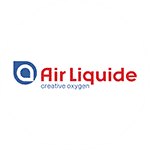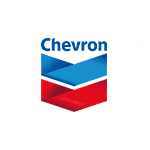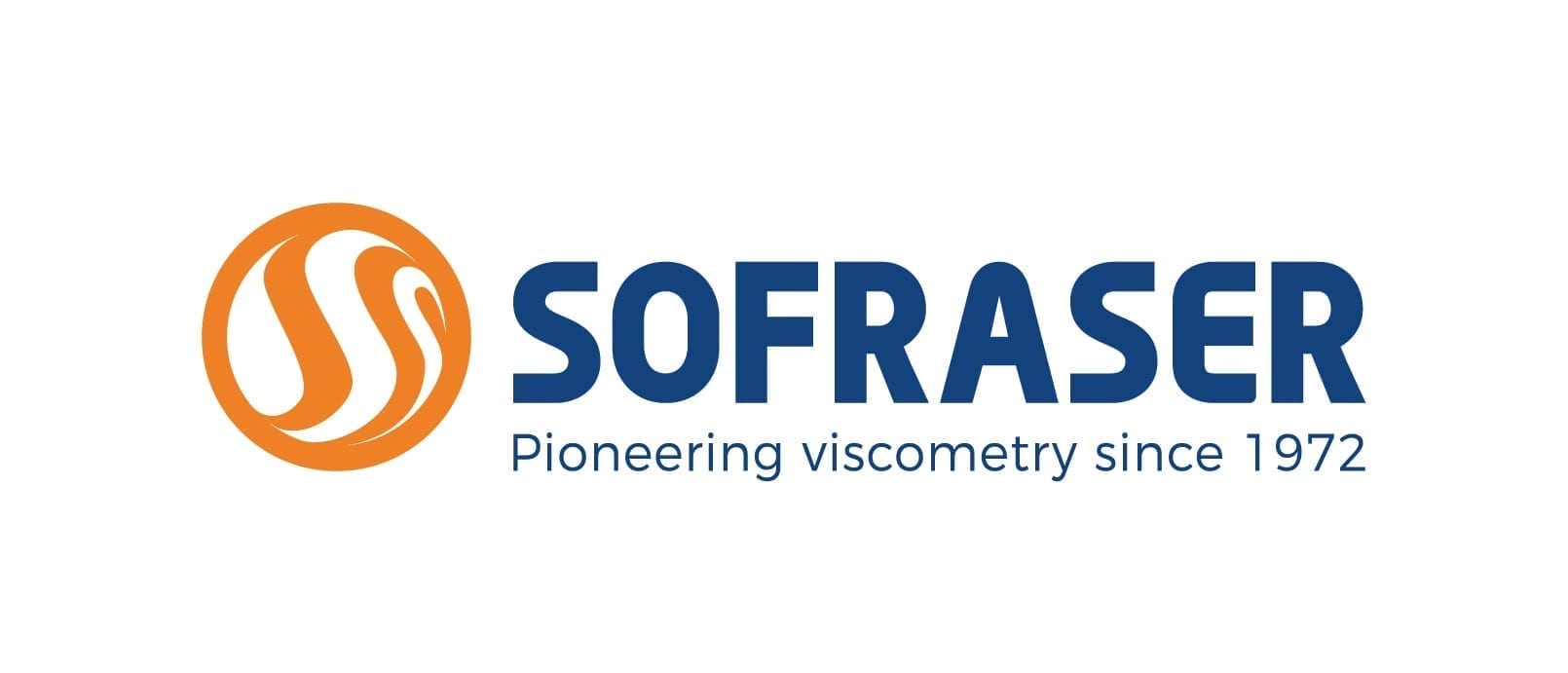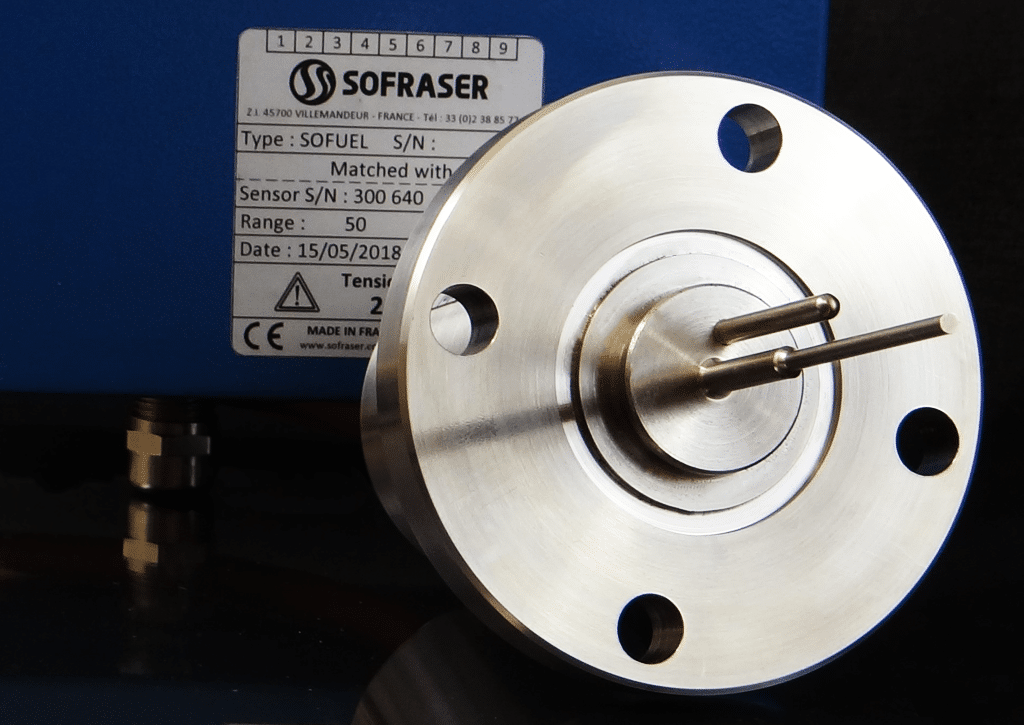Oil & Energy viscometers
UNMATCHABLE PRODUCT QUALITY
Influencing storage, handling, operational conditions, down to transfer and combustion, viscosity is the key parameter for Oil & Energy industry. In order to provide the best end-quality possible for our customers, our process viscometers are designed to indicate not only viscosity, but also density, temperature and temperature-compensated viscosity (TCV).
In refineries and Petrochemical processes, on-site control is of primary importance in regards to product quality. Viscosity is one of the key parameters of many petroleum products.
Nowadays, refineries face different constraints :
- Partial understanding due to lack of monitoring steps
- Viscosity changes with product quality and process temperature
- Difficulty to characterize the behavior of reference products
- Varying origin of crudes and refining methods
- Quality of petroleum products and derivatives depends on viscosity characteristics.
On-line viscosity measurement at reference temperature is needed in refineries for petroleum, oil, liquid hydrocarbons, heavy and light fuel blends. When implementation of an online analyser is not applicable, Temperature Compensated Viscosity (TCV) is a viscosity calculated at constant reference temperature that compensates process temperature variations.
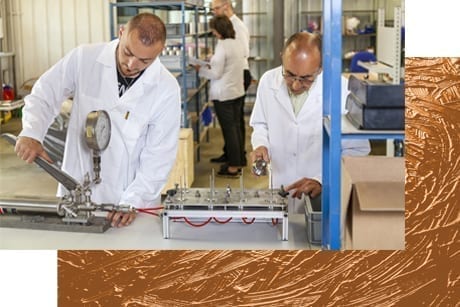
From upstream to downstream, inline viscosity measurement requires the most robust and reliable probes and analyzers. Factory temperature and pressure tests performed on each sensor, under ISO 9001, ensure the highest performance and safety for your process.
APPLICATIONS
Our sensors are used from downhole to combustion
Drilling mud – Mud concentration – Extraction – Logging while drilling (LWD) – Measurement while drilling (MWD)
Refining – Oil Cracking – Visbreaker – Asphalt – Coker – Oil Additive Manufacturing – Bitumen – Crude Oil and Distillate Residue
Fuel Oil Blending – Transfer – Pipeline – Pipe Turbine Meter Correction – Metering – Distribution
Heavy fuel oil (HFO) – Light fuel oil – Marine diesel oil (MDO) High viscosity fuels – Animal fat boilers – Black liquor recovery – Coal ash – Coal sludge – Ethanol
Pump control – Tar control – Oil wear control – Oil contamination control – Pitch coating – Oil clarification – Pitch dilution – Separation of water, sediment and oil
Lubricants – Cutting fluids – Lubricating oils – Mineral oils – Oil additives
EASING YOUR PROCESSES

OIL & ENERGY COMMON CONSTRAINTS
• Quality of petrochemical products and derivatives depends on viscosity characteristics.
• Partial understanding of processes due to lack of monitoring steps.
• Viscosity changes with product quality and process temperature.
• Difficulty to characterize the behavior of reference products.
• Varying origin of crude and refining methods.
• Hazardous environment.
OUR SOLUTIONS ALLOW
• A single sensor able to provide instantaneous measurement and
efficient analysis: dynamic and kinematic viscosity, density and temperature.
• To avoids drift during manufacturing and guarantees end-product quality.
• Direct viscosity calculation at Reference Temperature (TCV).
• Correlation to the ASTM standards.
• Long term running without maintenance and has no wearing parts.
• High pressure and high temperature environments (HPHT).
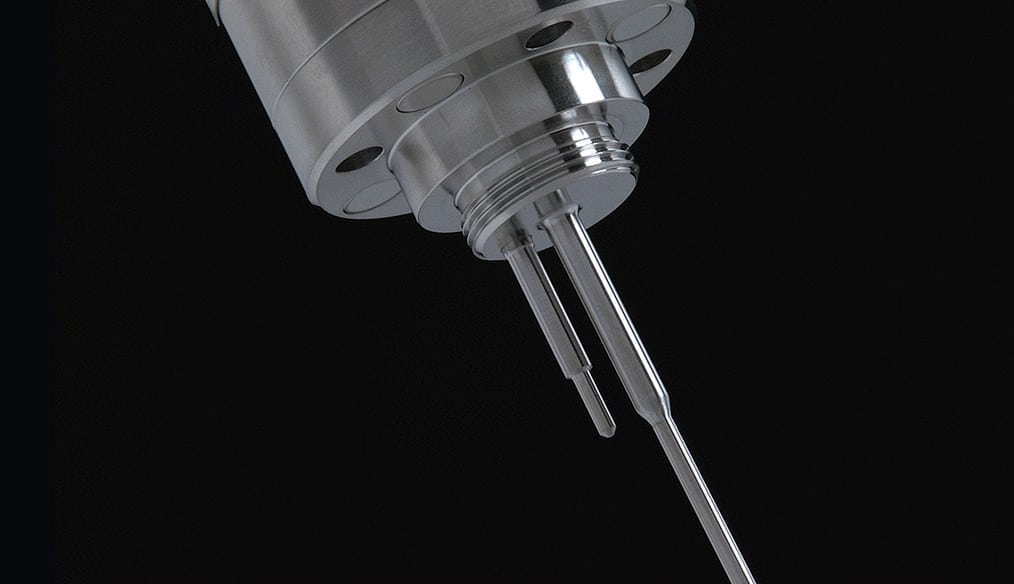
discover

HVF Viscosity High viscosity fuels are products generating combustion from other industries residues and are used for economic reasons. Variations within high viscosity fuels are commonplace considering their origins and additives. These products are usually solid at room temperature and liquid at their working temperature. HVF are used for energy production, industrial and central district heating, and manufacturing companies like… Read more

Why control engine oil? One of the biggest field of innovation for the industry is the control of engine oil. Engine lubricants are complex and highly technical fluids that perform various protective and functional tasks. They provide a hydrodynamic film between moving components, including heat distribution, suspension of contaminants, neutralization of acids and corrosion prevention, etc. To prevent engine failure,… Read more

Control of very high viscosity fuels The non-homogeneity of very high viscosity fuels is the first factor to be corrected to ensure stable combustion processes. Very high viscosity fuel cannot be burned without a viscometer because of the high disparity of the product. Viscosity control before injection is essential and requires heating of the fuel. The main problem with burning… Read more

The use of the MIVI viscosimeter in heavy fuel combustion processes Fuel atomization ensures optimal combustion with low particulate emissions and requires a specific viscosity. When the spray droplet size is not optimized; the combustion of heavy fuels presents certain problems, such as unburned fuel, residue and clogging in the combustion chamber; over-consumption and pollutant emissions. Variations in fuel composition… Read more
OIL & ENERGY
